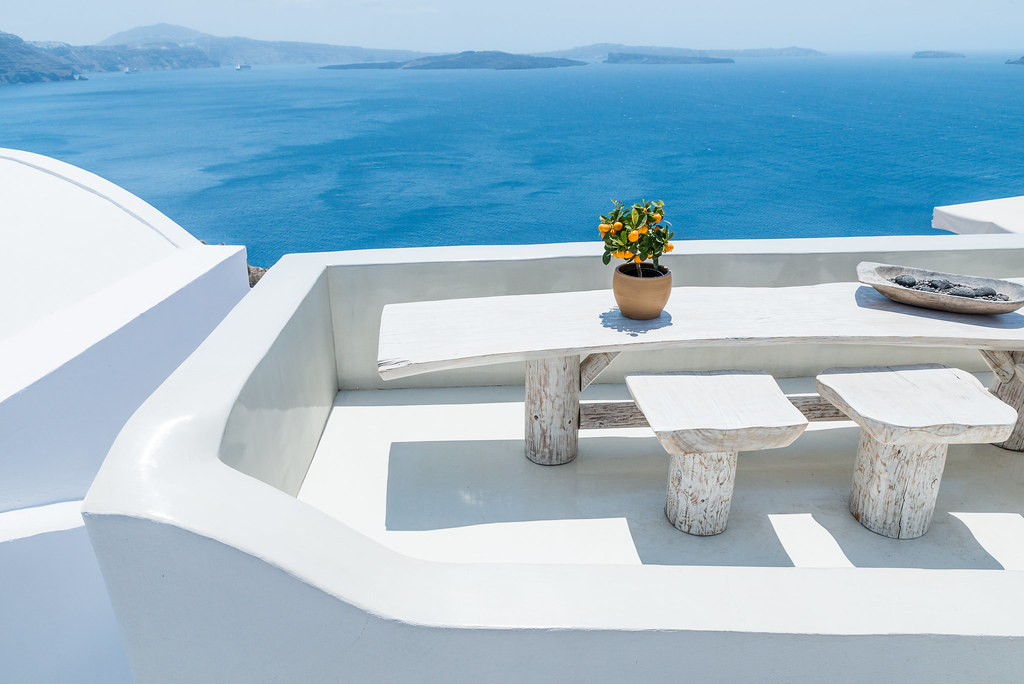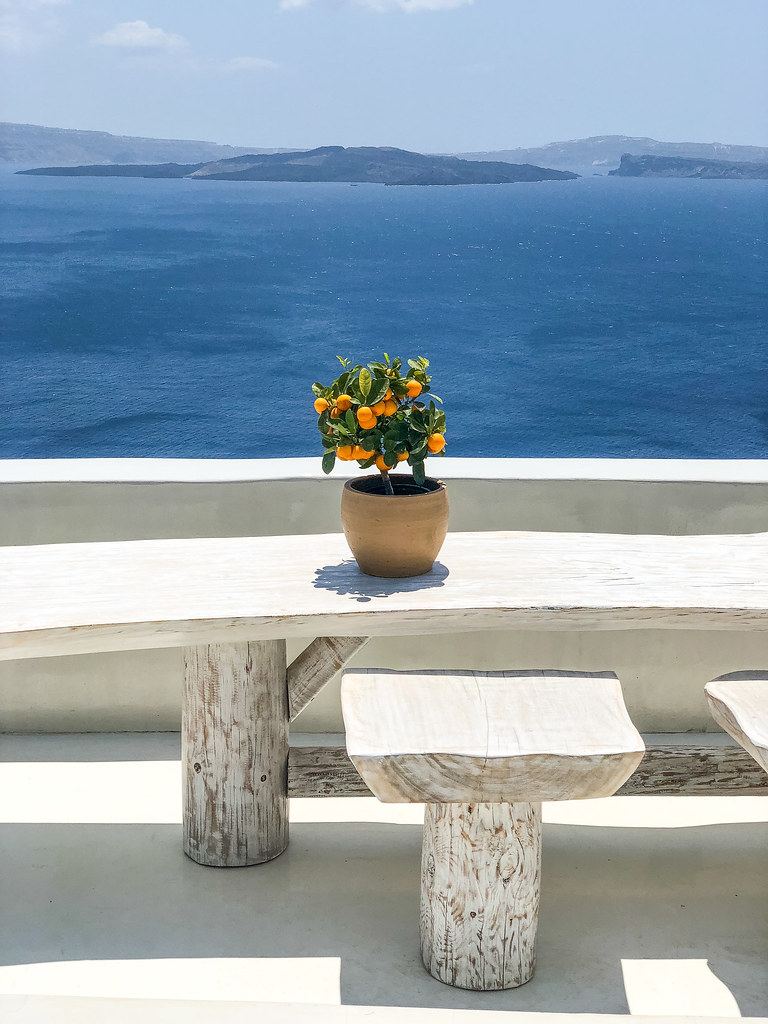tlauer
TPF Noob!
- Joined
- Sep 27, 2018
- Messages
- 3
- Reaction score
- 0
- Can others edit my Photos
- Photos NOT OK to edit
I've always loved photography and taking pictures, but I'm only just getting started with learning how to take good pictures and that includes the camera that's used. I have been thinking of getting a good DSLR camera (and stop using my smartphone's crappy one), but since it's very expensive, I've been pushing it off.
I have recently seen some pictures posted online where someone uses her iPhone camera, and the pictures look great (plus she has specific lenses to along with it for certain situations) - I was amazed how advanced iPhone cameras are these days. My husband has an iPhone X, so I wondered if it would be a good option to start with that or if learning how to use a DSLR is better. Are there advantages to using DSLR over iPhone and if so, what are they? Any other advice on what camera would be good to use/how to avoid spending too much?
I have recently seen some pictures posted online where someone uses her iPhone camera, and the pictures look great (plus she has specific lenses to along with it for certain situations) - I was amazed how advanced iPhone cameras are these days. My husband has an iPhone X, so I wondered if it would be a good option to start with that or if learning how to use a DSLR is better. Are there advantages to using DSLR over iPhone and if so, what are they? Any other advice on what camera would be good to use/how to avoid spending too much?








![[No title]](/data/xfmg/thumbnail/41/41817-4a0d3ed5be8eccb25845bd566e5cd1cb.jpg?1734176131)